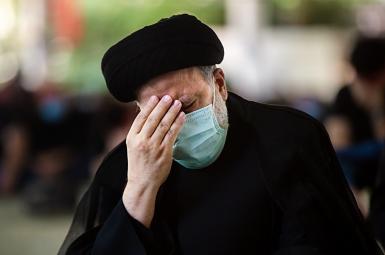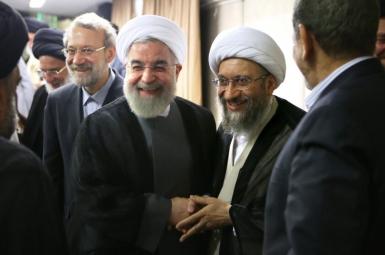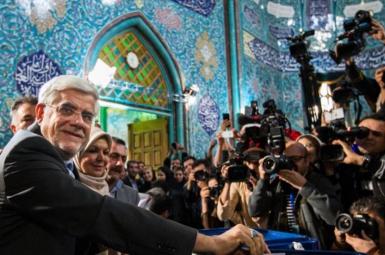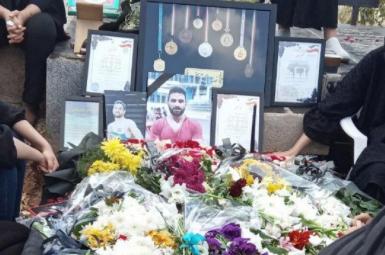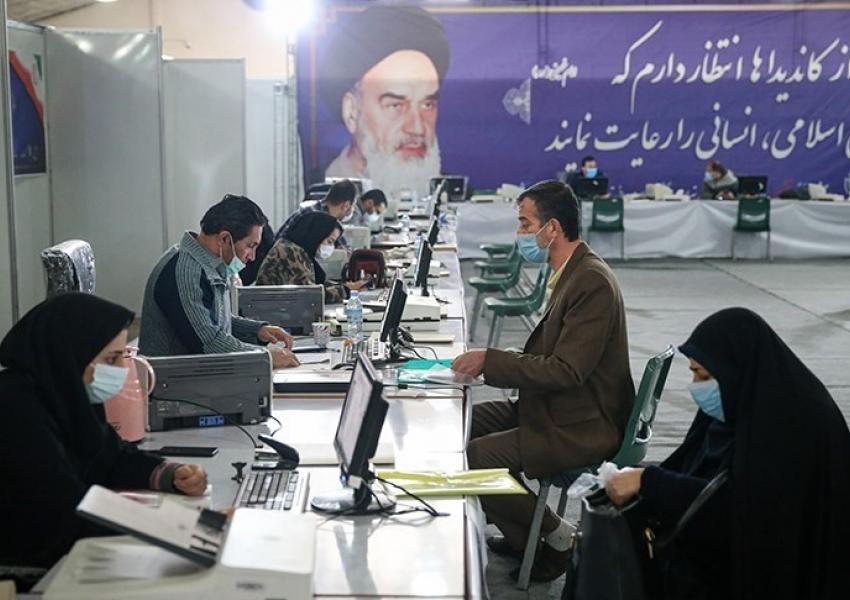
Iran's Forgotten Local Elections Affected By Lackluster Presidential Race
Controversies surrounding Iran’s presidential election have diverted attention from the equally important local elections in hundreds of cities and thousands of villages during the June 18 nationwide polling. The event follows some two years of arrests and imprisonments of councillors and mayors all over Iran on accusations of financial corruption.
The highly controversial disqualification of key candidates for the presidential election has also manifested itself in local elections, where key reformist politicians have been barred from running for city councils.
The Interior Ministry insists that 95 percent of those who registered as local candidates have been approved in the vetting process, which is usually less stringent than in presidential and parliamentary elections.
Reformists, however, say most of their first-rate candidates have been disqualified. Ten out of the 12 sitting councillors in the 21-member City Council of Tehran who registered to run were disqualified in April. Nine others had decided not to stand again. Five of the 12 were later approved to run on May 15.
Local councils elect mayors including the mayor of the capital Tehran where nearly one-fifth of the country's population lives. Tehran municipality is one of the richest organizations in the country and the mayor's powers and the budget at his disposal are comparable to the powers of cabinet ministers and the budget of ministries.
In past elections the norm was that some voters came to the polls to support their candidates for local elections and others to vote for the presidency. The two motivating forces reinforced one another and helped the turnout. But this year, the disqualifications at both local and national level have left voters with less incentive to go to the polls.
Turnout in both presidential and local council elections is expected to be at a historically low level on June 18.
Thousands of posts on social media as well as opinion polls show that the electorate do not believe it will make a meaningful difference if they vote in the upcoming elections. A low turnout has historically been in favor of conservatives and hardliners who appear not to be bothered by a low turnout in the June 18 elections. In elections with a higher turnout in the past the numbers were often pushed up by the votes of reformists and others who hoped reformists would be able to provide them more social and cultural freedoms if elected.
Under Mayor Mohammad Bagher Ghalibaf whose term of office ended in 2018 after 12 years, Tehran Municipality went under the spotlight for financial corruption and bribes amounting to billions of dollars. Bribery and mishandling of funds were among the charges that sent a few, including Ghalibaf's deputy Isa Sharifi to jail.
When a reformist city council was elected in 2017, corruption and illegal activities of the Ghalibaf administration came into the spotlight. Now, hardliners are once again poised to take back the large city government and most probably bury the corruption saga of the Ghalibaf era.
Reformist local councillors in several cities particularly in northern provinces of Iran have also been jailed for corruption in the past few years.
Local elections were introduced in Iran in the 1960s under the Shah and the very first election faced strong resistance from fundamentalist clerics including Rouhollah Khomeini who opposed women's right to vote but generally the opposition was geared around the possibility of local representatives overshadowing the influence and power of big landlords Khomeini represented.
With the Islamic revolution in 1979, local elections were abandoned for some two decades before reformist President Mohammad Khatami revived the local councils in the end of the 1990s. Reformists won the first local council elections in Tehran, but their political infighting left the people disillusioned about local elections and the second round of council elections in early 2001 ended with a landslide victory for ultraconservatives who elected Mahmoud Ahmadinejad as Tehran's mayor.

